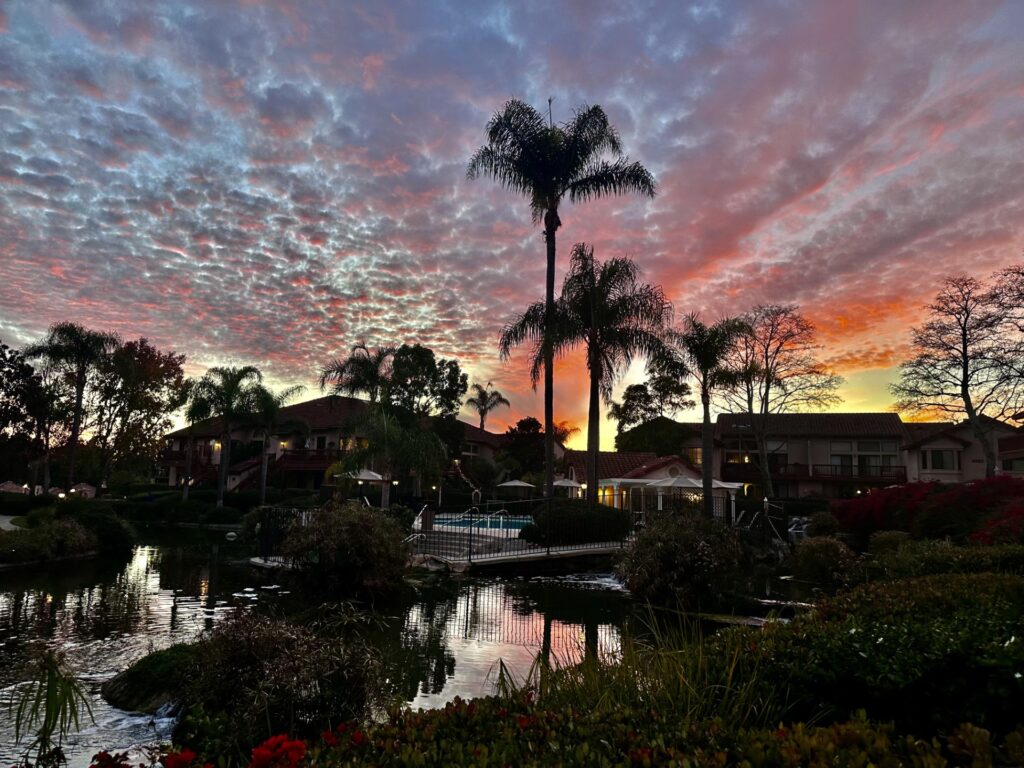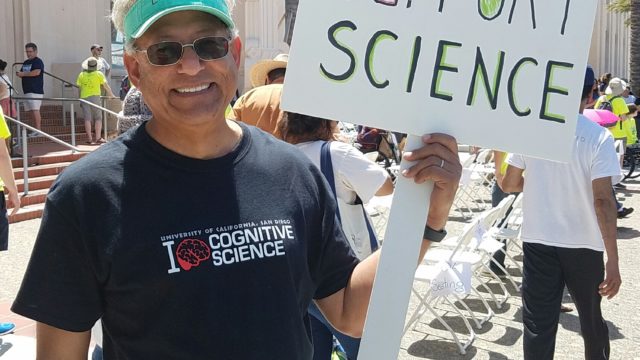
Curiosity has been a defining trait since I was a child and led me to a career in academia. With a neuroscience PhD in hand, I threw myself into the study of the human brain-mind starting in 1989 for the next 30 years. I felt drawn to study attention, social cognition, and several clinical conditions arising from deficits in these aspects of the mind. The intellectual highs and lows combined with the rewards and punishments of research and teaching graduate and undergraduate students. Periods of elation and joy intermingled easily with periods of anxiety, fear, and lack of confidence.
Research was difficult. Yet, it also made me lighthearted and excited, like an explorer in a strange world scrutinizing the landscape to gain insights. Likewise, nothing compared to the frustration and satisfaction of teaching, especially when the light of understanding fell on a student’s face after wresting with a difficult topic. All these feelings associated with exploration of the unknown motivated me to pursue an equally long, difficult, and eventually satisfying contemplative practice. This spiritual path came to complement and enrich the scientific understanding I had of brain-mind relationships.
After many years of solo meditation practice and frustrating attempts to pierce the “cloud of unknowing,” as some mystics have described it, I felt ready for a teacher. Joko Beck, a modern-day Zen master, was an unexpected blessing. She instructed me for four years and gave me two major pieces of advice I took to heart. The first is that life is the best teacher, so don’t waste the opportunity. Second, she recognized the small inner fire burning in my heart, and encouraged me to turn it into a roaring fire. It took many years before those things gained reality.

